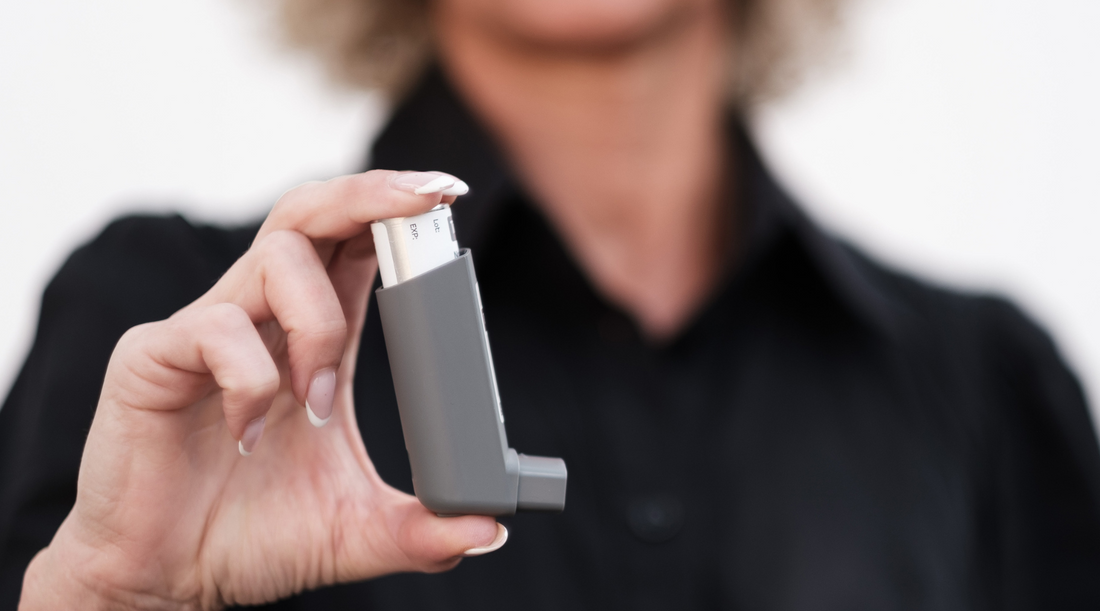
What Is Asthma Peak Week and Why Does It Happen?
Share
If your child has asthma, you may have heard doctors or other parents talk about “Asthma Peak Week.” But what exactly does that mean—and why is it important for families to know about it?
Let’s break it down:
What Is Asthma Peak Week?
Asthma Peak Week is the time of year when asthma flare-ups are at their highest. Research shows this usually happens during the third week of September, when the number of emergency room visits and hospitalizations for asthma spike.
For children with asthma, this week can be especially tough. Schools and hospitals see a big increase in asthma-related problems—and parents may notice their child struggling more than usual with coughing, wheezing, or shortness of breath.
Why Does Asthma Peak Week Happen?
Several factors come together at once in September, making it the perfect storm for asthma symptoms:
-
Back-to-School Germs
Kids are back in classrooms, which means exposure to colds and viruses jumps. Respiratory infections are one of the most common asthma triggers. -
Fall Allergies
Ragweed pollen and mold spores are at their peak this time of year. Even children without seasonal allergies may find their asthma symptoms get worse when these allergens are in the air. -
Weather Changes
Cooler mornings and evenings can tighten airways. Shifts in temperature and humidity make it harder for some kids to breathe comfortably. -
Routine Adjustments
Summer schedules often mean kids are outdoors more, sleeping differently, and sometimes taking medications less regularly. Going back to school may disrupt routines, making it harder to keep up with daily asthma care. -
Air Quality
Spending all day in the classroom can be an adjustment with potential exposure to poor ventilation, strong fragrances from cleaning products, and more.
When you put all of these together, it’s no wonder September is such a challenging time for children with asthma.
What Parents Can Do
While Asthma Peak Week can sound intimidating, there are practical steps parents can take to help keep kids safer:
- Check in with your child’s doctor before school starts to review their asthma action plan.
- Stay on top of medications—make sure your child takes their controller medicine (if prescribed) as instructed.
- Talk to teachers and the school nurse so they know what to do if your child has symptoms.
- Have quick-relief inhalers available at home, school, and with caregivers.
Supporting Families Through Carabie
At Carabie, we know how overwhelming asthma management can feel—especially during times like Asthma Peak Week. That’s why we created Honeydew the Hippo, a cuddly stuffed animal who comes with her own plush inhaler and educational picture book about asthma.
These tools help kids feel less alone, empower them to participate in their asthma treatments, and help them understand their condition.
👉 Shop Honeydew the Hippo here and give your child a friend who understands what it’s like to manage asthma.
Final Thoughts
Asthma Peak Week can be challenging, but it doesn’t have to catch your family off guard. With the right planning, open conversations, and supportive resources, kids can feel confident and cared for—even when asthma symptoms flare.
At Carabie, we’re here to help families navigate those moments with knowledge, tools, and a little extra comfort.
